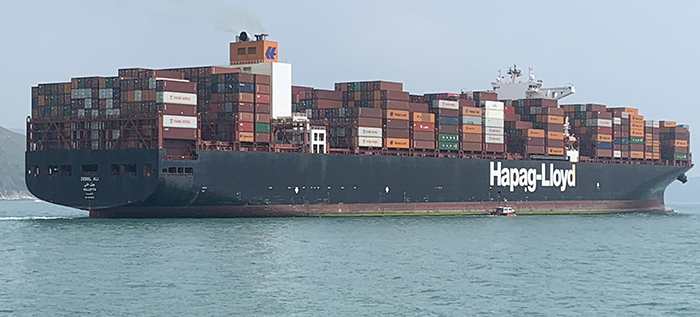The rules governing UK pork exports to the EU have finally been eased in one key area – trichinella testing.
The trichinella testing requirement, which came into force at the start of this year due to the UK’s new trading status with the EU, has added costs to pork exports and resulted in some shipments being refused at EU ports. To add to the confusion, different countries and different ports have adopted different approaches to the requirement.
A change to EU rules, which came into force this week, now means UK pork shipments to the EU will no longer have to be tested for the disease.
Defra applied to the EU Commission for listing of GB as a third country to allow us to certify live pigs or pig meat for export as coming from controlled housing without the need for trichinella testing.
In January, GB was granted use of a derogation from testing un-weaned piglets under the age of five weeks. In February, member states voted in favour of the UK’s application regarding the ability to certify other pigs or fresh meat from them as coming from controlled housing without the need for trichinella testing.
The relevant EU legislation was published on March 25 and came into effect on April 21.
“In all cases, we advise that you contact the importer before preparing the consignment to confirm that they will accept it,” Defra advised.
While the legislation does affect live pig exports, this traded is currently halted due to a lack of border inspection posts at EU ports, as now required under the new Brexit rules.
Northern Ireland
The position for Northern Ireland (NI) is unchanged from previous guidance. NI does not need to be listed as a third country for the purposes of exporting to the EU and is identified alongside Member States as a country using controlled housing.
Consignments of live pigs and pig meat can therefore be certified as coming from controlled housing for export to all Member States.
NI is also able to apply the derogation from testing un-weaned piglets under five weeks old.




